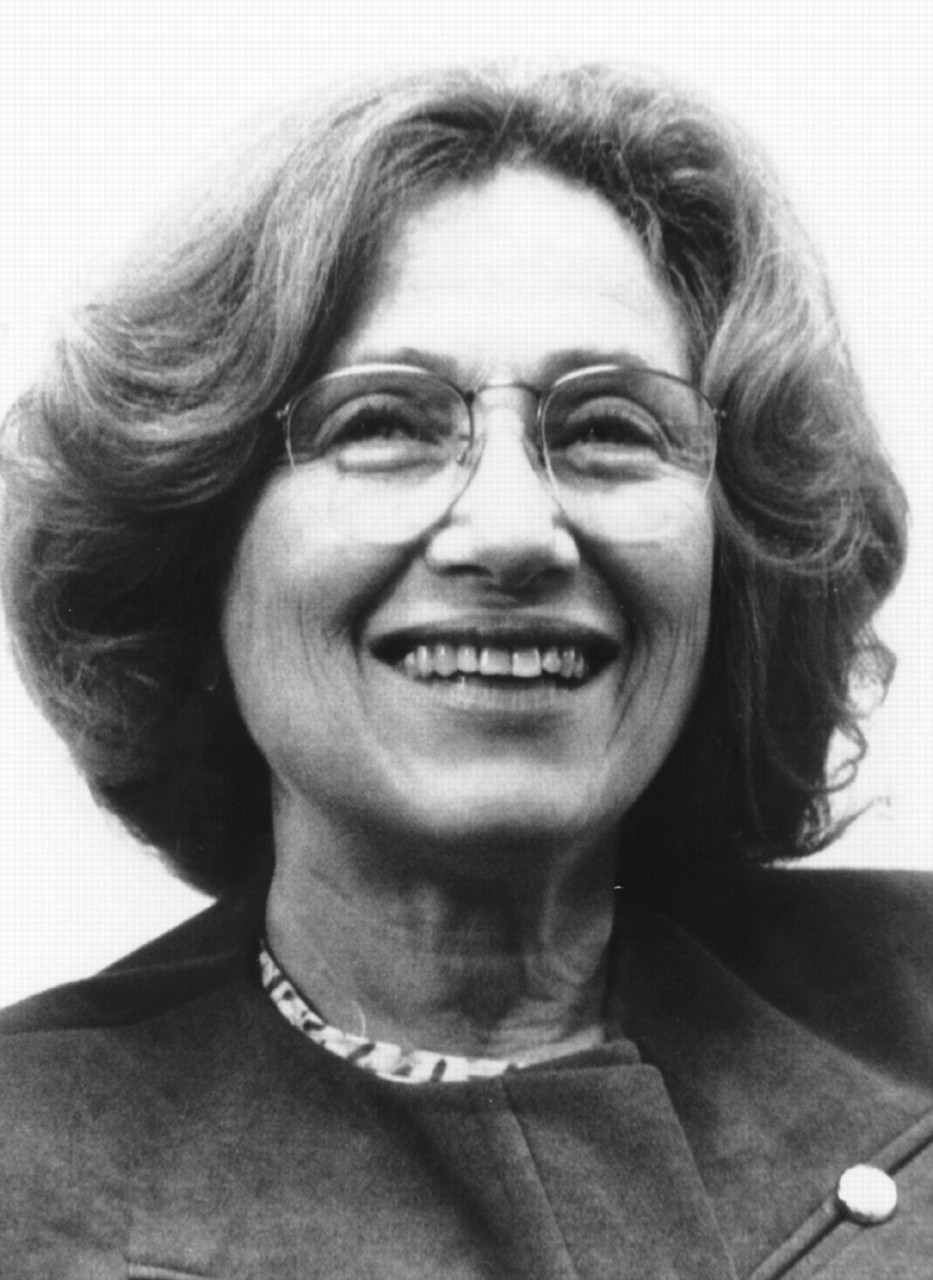Candidate for Treasurer
About the Candidate

Distinguished Life Fellow (Member Since 1967)
| •. | Private Practice of General, Child, Adolescent Psychiatry, 1968- | ||||
| •. | APA: Founding Director, Office of Education; Senior Deputy Medical Director; and Chief Operating Officer, 1976-95 | ||||
| •. | Georgetown University School of Medicine: Associate Dean, Academic Dean, and Professor of Psychiatry, 1995-2000 | ||||
| •. | President, American Board of Psychiatry and Neurology, 1986 | ||||
| •. | President, American College of Psychiatrists, 2000 | ||||
| •. | President, Council of Medical Specialty Societies, 1981-82 | ||||
Candidates’ Views
Experience, Energy, Effectiveness
As treasurer, I will continue to work for APA by
| •. | Advocating energetically and successfully for our profession, for our members, and for our patients. | ||||
| •. | Developing strong financial planning, transparency, and accountability; planning proactively for challenges. | ||||
| •. | Finding appropriate and balanced sources of revenue. | ||||
| •. | Focusing on setting and supporting APA priorities. | ||||
| •. | Promoting patients’ access to psychiatric care. | ||||
| •. | Protecting the physician-patient relationship. | ||||
| •. | Demanding appropriate reimbursement for psychiatric care. | ||||
| •. | Forging alliances to enhance our effectiveness. | ||||
| •. | Recruiting the best and brightest into the field. | ||||
| •. | Educating psychiatrists for excellent care and advocacy. | ||||
| •. | Welcoming members’ diverse backgrounds, interests, skills, and practice. | ||||
| •. | Valuing all members and providing value for membership. | ||||
| •. | Increasing opportunities for member participation. | ||||
| •. | Guaranteeing openness and communication with members. | ||||
| •. | Developing procedures to address issues rapidly and effectively. | ||||
The treasurer is responsible for the financial strength of APA—providing the infrastructure to implement the important priorities and maintaining fiscal stability and the ability to fulfill our current and future missions. The recently reported financial instability and decrease in dues-paying members threatened our ability to meet our goals for the profession. We must focus our limited resources on the key issues—those that the Association must do and that only APA can do, avoiding the dilution of many worthwhile but lower-priority causes, while utilizing partnerships to enhance our effectiveness.
I bring considerable experience to this task. I love psychiatry and APA and have devoted my career to its mission.
For eight years, I was APA senior deputy medical director/chief operating officer responsible for budget, finance, meetings, human resources, and information technology. When I left APA, the budget was well balanced, and reserves were strong, with a five-year financial plan that provided for unexpected and urgent actions. I founded the Office of Education, which I directed for 10 years, and was executive vice president of the APA foundation (American Psychiatric Foundation). I have served on or staffed multiple APA components and represented APA in Congress and to the administration and the media. I worked to enhance membership, designed approaches to ensure participation and leadership development of younger members (including the resident’s position on the Board, formation of an early career component), and increased involvement of underrepresented groups and subspecialists. I initiated strong and active links with academic psychiatrists, public psychiatrists, other mental health professions and medical specialties, and advocacy groups.
As a medical school dean, I gained experience in mission-based budgeting and management and how to use limited resources to meet needs; as an elected officer in several psychiatric and other medical organizations, I served the profession while gaining greater perspective and skill in systems and substance.
As a clinician, I experience daily the challenges and obstacles shared by colleagues and patients, and recognize the importance of APA’s work on our behalf. As treasurer, I will limit my nonclinical work to be sufficiently available to make this task a priority, taking advantage of my Washington, D.C., location to work closely with the new medical director and his staff.
I know APA well, its strengths and skeletons, and eagerly anticipate utilizing my experience, expertise, and energy to be a productive and effective treasurer and member of the Board. I ask for your vote and for your participation in our APA.
Primary Loci of Work and Sources of Income
Work:
85%—My private office
11%—Teaching/supervising/medical school work
4%—Consulting
Income:
92%—Clinical practice of general, child, and adolescent psychiatry
8%—Consulting (education, program planning, evaluation)



